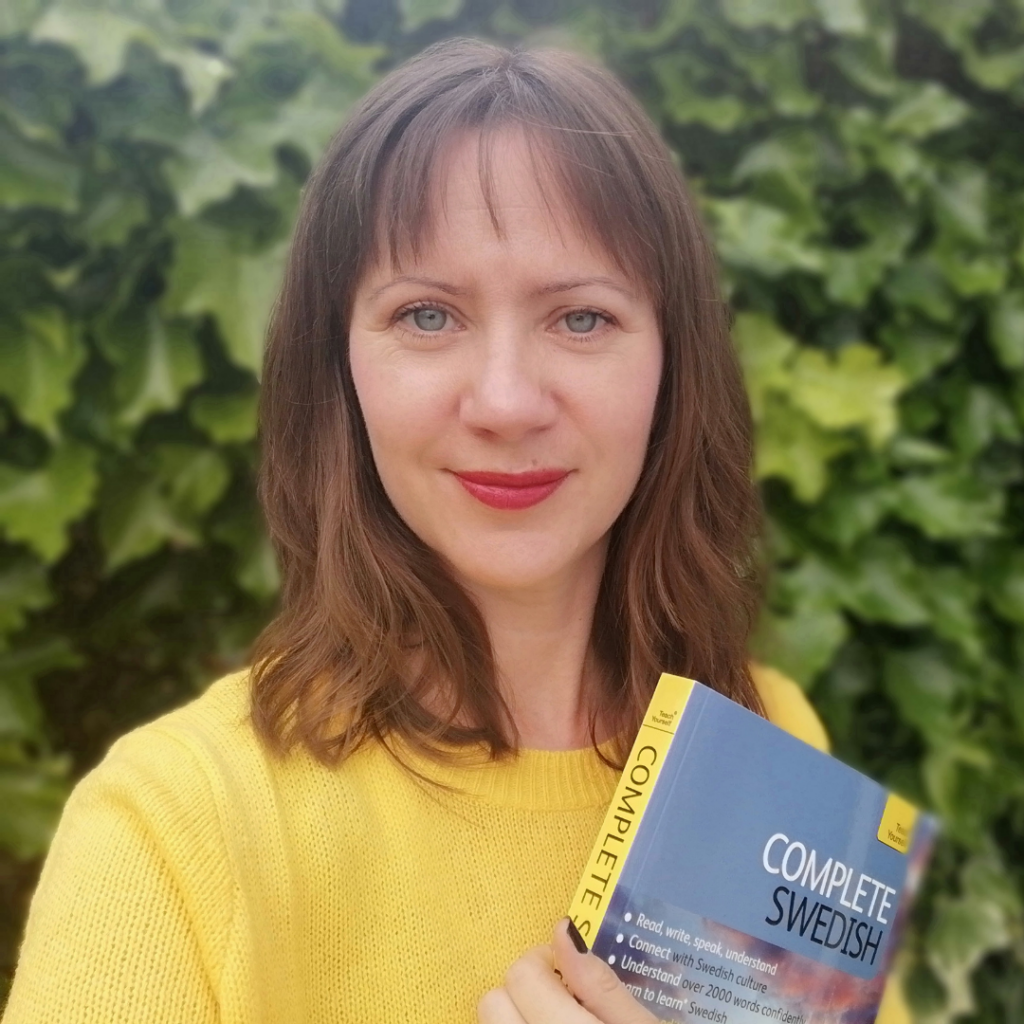Do you find it tricky to understand the difference between ‘kommer att’ and ‘ska’ in Swedish? Fear not!
Kommer att vs ska
Let’s make sense of the Swedish words ‘kommer att’ and ‘ska.
Ska
In the early 1980s, there was Swedish cartoon called Alfons Åberg as a child. It’s about a young boy who starts his sentences with “Jag ska bara …” whenever his father tells him to get ready for school. The word ska (+ infinitiv verb) is used when the subject has decided or wants to do something specific. Alfons wants to do something else before preparing himself for school, and he’s stating his intention.
Sometimes you can also use the verb tänker as a substitute for ska. If Alfons decided to play with his toys before eating breakfast, he could tell his father: “Jag ska bara leka”. He could also say “Jag tänker bara leka.”
Kommer att
In contrast, kommer att (+ infinitiv verb) is used when the subject talks about future events they can’t control. Alfons’ father becomes stressed and tells his son: “Vi kommer (att) bli sena” (We will be late). This is a prediction that they will be late for school if Alfons doesn’t hurry up. The att is usually omitted in speech, but not in writing.
Another example to show intent is when we tell someone about our travel destination for the holiday: “Jag ska resa till Spanien” (“I will travel to Spain/My intention is to…/I have decided to…).
“Jag kommer att resa till Spanien” communicates that the issue is somehow outside of the subject’s control, may be travelling for a business trip, decided by someone else etc, which leaves little choice for decision making.
A third example is weather prediction where both kommer att and ska is sometimes used.
“Det kommer att regna i helgen” (It’s going to rain in the weekend). We don’t know for sure, but we predict rain because we’ve heard a rumour or based on the current weather.
“Det ska regna i helgen” (It will rain in the weekend). This is still a prediction, but there’s more evidence presented for the event to happen. Maybe the speaker has followed the weather report all week or cites another weather source.
Many Swedish learners struggle with these two concepts. There is a tendency to underestimate the use of the present tense for future meaning. It’s best perceive the present tense as a sort of default choice.






